- Overview
- Symptoms
- Risks, Prevention & Screening
- Tests & Diagnosis
- Types
- Your Breast Cancer Care Team
- Treatment
- Living With Breast Cancer
- Remission & Recurrence
- Advanced Breast Cancer
- Support & Resources
- Appointment Prep
- View Full Guide
Adjusting to Body Changes After Breast Cancer Treatment


Hair Changes
If you lost your hair during chemotherapy, it should start growing back as soon as you stop treatment. But once-straight hair may come in curly. Lighter hair may now be dark. Sometimes it stays this way. You might grieve the loss of the hair you had before. Try to embrace it with new hairstyles and looks. If you want to color your hair, wait until your scalp is in good shape and your hair is at least an inch long.
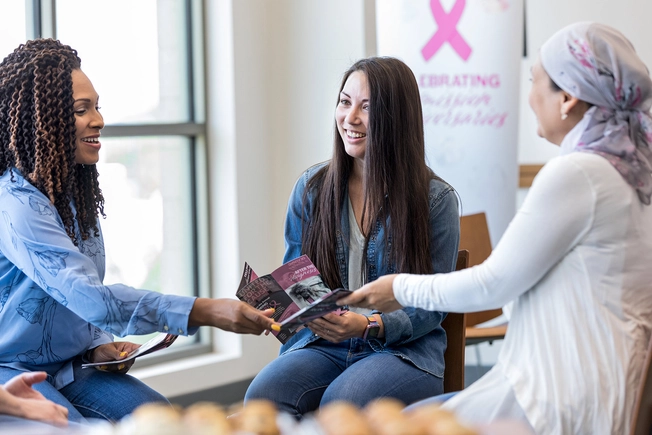
Living Without Your Breasts
Along with some pain, bruising, and scarring from surgery, you may feel sad, angry, shocked, or scared about losing one or both breasts. Whether or not you choose breast implants, you’ll have to get used to a new body shape. It’s a major shift both physically and mentally. Expect to look and feel different. Give yourself grace and time to adjust. An online or in-person support group with women who have gone through the same thing can help.
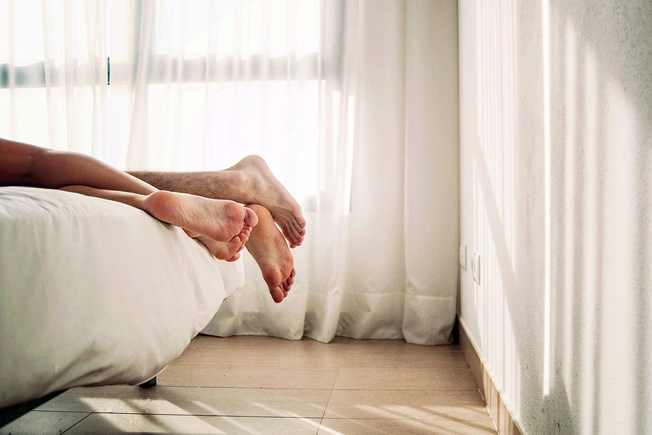
Changes in Sexuality
Around half of women who have treatment for breast cancer say they have changes in their sex lives afterward. Some women lose interest in sex. Others report pain during sex. This can be a result of hormone changes or a side effect of treatment. Talk to your doctor to see if medicine or other therapy could help you enjoy sex again.
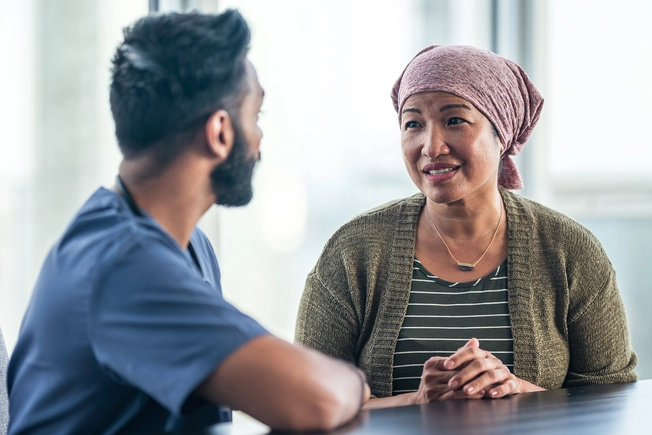
Pain
Surgery, chemotherapy, and radiation can continue to cause pain after they’re over. You may have sensitive or painful skin, injured nerves, or pain where your breasts used to be. Tell your doctor about your pain so they can recommend medication, physical therapy, assistive devices, or other tools to ease it.
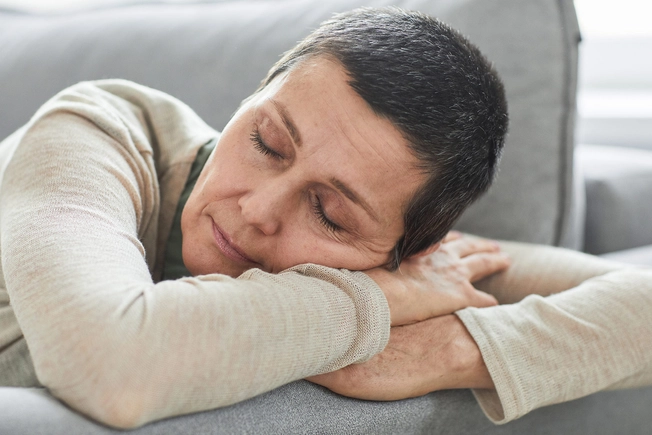
Fatigue
One of the most common problems the first year after cancer treatment is fatigue. Doctors don’t know exactly why it happens, but the cancer treatment itself, low blood cell counts, depression, diet, or dehydration could be to blame. While this is happening, spend your energy wisely during the day, accept help, and rest when you can.
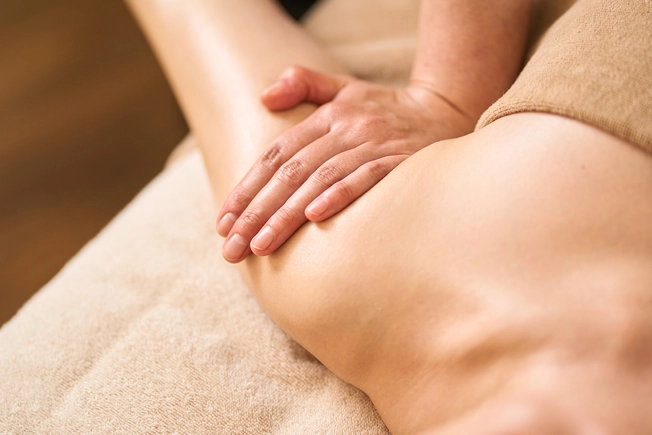
Swelling
If you had radiation therapy or underarm lymph node removal, you might see swelling in your arms. A physical therapist can recommend exercises that may help. A specific type of massage can also coax pooled fluid to move through your body. Your doctor might recommend specialized bandages or clothing to help compress your arm.

Weight Gain
Some chemotherapy for breast cancer can cause weight gain and muscle loss. You may also find you can’t lose weight in the same ways you used to. Ask your doctor about strength exercises that build muscle. A nutritionist can help you create a healthy diet that will nourish you without adding extra pounds.

Menopause Symptoms
Breast cancer treatment typically stops the production of female hormones, which causes symptoms of menopause, such as night sweats, hot flashes, vaginal dryness, sex problems, and an end to your periods. Your doctor can suggest medications or supplements that may help manage these symptoms.
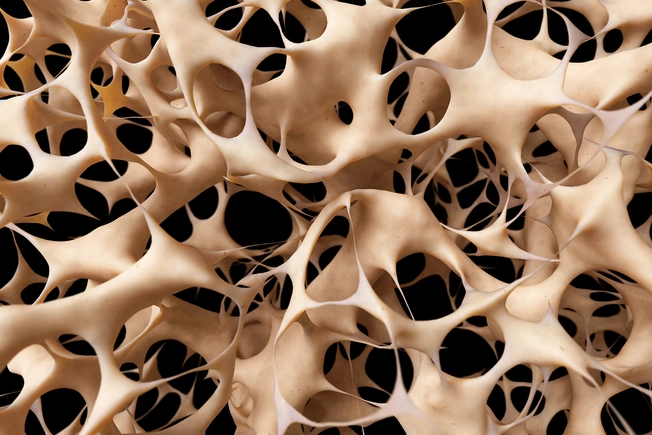
Bone Health
When treatment kicks you into menopause, the lower estrogen levels raise your risk for osteoporosis. This condition makes bones thinner and easier to break. Your doctor may want to give you a bone scan to test the density of your bones and see if you need medicine to stop bone loss.
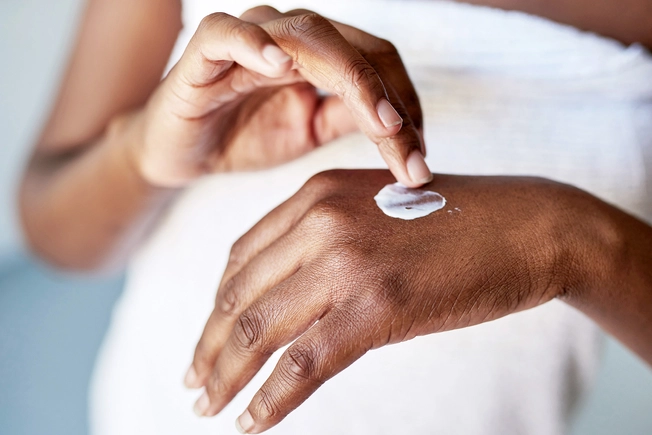
Skin Issues
Radiation therapy and chemotherapy can cause mild skin problems, while targeted therapy or immunotherapy can cause more severe symptoms. You may have drier skin that peels or looks redder or darker than before. Talk to a dermatologist about ways to support healthy skin that keep it hydrated, protected, and free of infection.